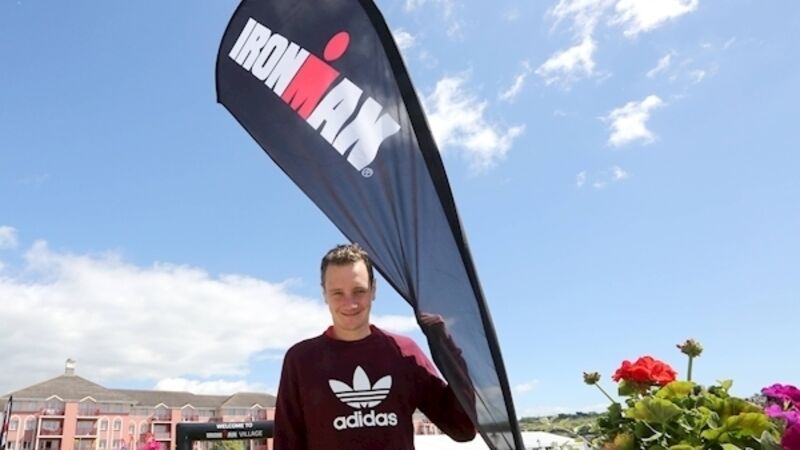Bullet-proofing the body for the madness of Ironman

What makes a champion nervous? Not much, is the short answer, but the long answer — the very long answer — is this: a 2.4-mile swim, 112-mile bike ride and a 26.2-mile run. All in one single, sadistic day.
An Ironman triathlon: Alistair Brownlee’s first. At 6.30am in East Cork tomorrow, the 31-year-old Briton will take a daunting step into uncharted waters. “I’m pretty nervous about it but at the same time I’m interested to see what will happen,” he says at a cottage on the outskirts of Youghal, his home for the past few days. “There’s no way I can get around the fact that it’s new territory.”














